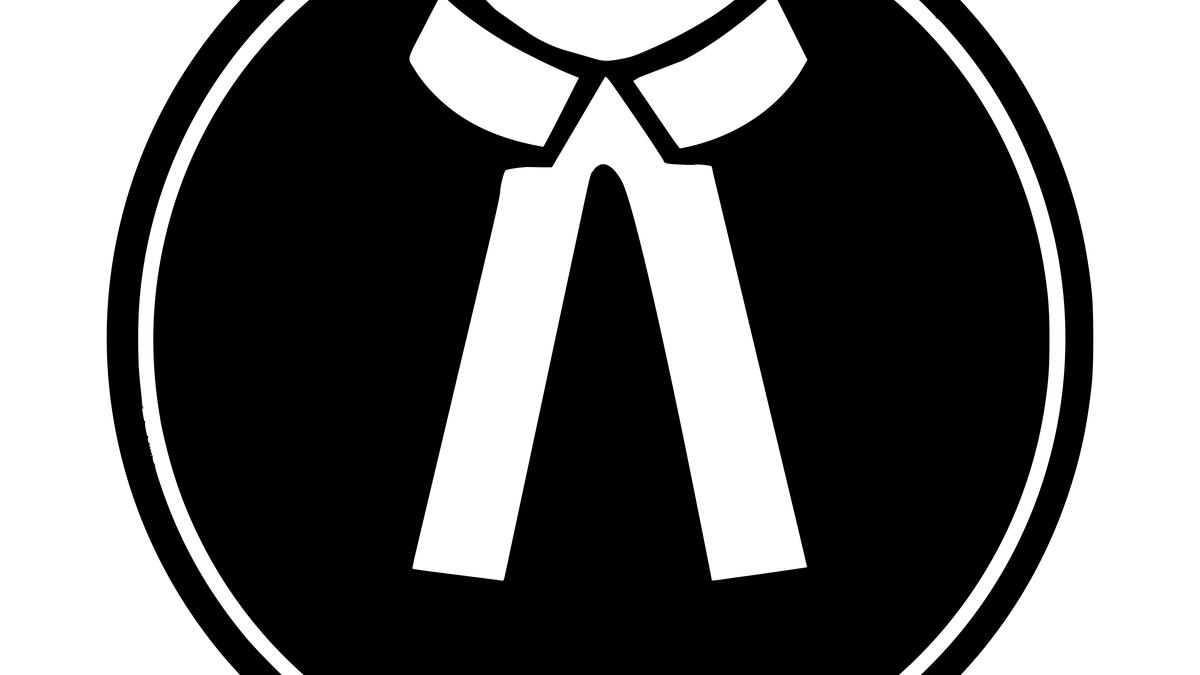On June 12, the legal community in India was jolted by an extraordinary move. The Enforcement Directorate (ED), while investigating the issue of ESOPs (employee stock ownership plans) to the former chairperson of Religare, summoned senior advocate Arvind Datar, to answer questions about an opinion he gave to Care Health Insurance. When this drew strong protests from the legal fraternity, the ED withdrew it. About a week later, it summoned Pratap Venugopal, another senior advocate. This raises pressing questions about the professional autonomy of legal counsel: can a lawyer be summoned merely for giving advice, without any allegation of collusion?
The core legal issue
Even incorrect legal advice cannot justify summoning an advocate unless there is prima facie evidence of conspiracy. This is not merely about courtesy; it is foundational to the rule of law.
Under the Bharatiya Sakshya Adhiniyam (BSA), 2023, which replaced the Indian Evidence Act, 1872, communications between legal advisers and their clients are privileged. Section 132 of the BSA protects advocates from being compelled to disclose confidential communications except with the express consent of the client.
In this case, there has been no suggestion, even obliquely, of any inducement or involvement of the senior advocate in the ESOPs issue. Issuing a summons then is not only unwarranted but a misuse of statutory powers. The right to counsel is hollow if lawyers can be dragged into investigations merely for having advised a client. The chilling effect is obvious: few will offer candid advice, especially on sensitive matters.
The Bar Council of India’s Rules under the Advocates Act, 1961, say advocates must advise in accordance with the law, without fear or favour. The privilege protecting this function is not personal indulgence; it safeguards the administration of justice.
The summons, even if swiftly retracted, reveal growing unease within the legal fraternity about the creeping encroachment of executive agencies into domains that must remain insulated from investigative whim. At stake is not simply the dignity of particular lawyers, but the institutional equilibrium between the Bar, the bench, and the executive.
In a constitutional democracy, the independence of the legal profession is not merely aspirational; it is structural. Advocates have a duty both to court and to clients. Summoning advocates who have rendered advice, without any allegation of fraud or complicity, seriously undermines that independence.
The strongest rebukes came from the legal fraternity. Bar associations saw this not as an isolated procedural misstep, but as a threat to the integrity of the profession. Today, it is a senior advocate in a corporate context. Tomorrow, it could be a criminal defence lawyer being asked why he advised silence.
Courts have consistently held that advocates must be protected from harassment for discharging professional duties. Wrong legal advice is not evidence of culpability. In the absence of specific statutory override, investigative agencies must respect the boundary between legal advice and culpable conduct. Those who serve the law should never be made to fear it. Yet, the present trend portends just that.
If the act of rendering legal advice, particularly in commercial, regulatory, or politically sensitive contexts, invites investigative scrutiny, the deterrent effect on candid legal counsel will be profound.
At one level, the damage is psychological: it sows doubt about whether lawyers can safely advise on matters involving statutory discretion or executive action. At another, it encourages self-censorship, deterring independent counsel from cases where that advice may later be questioned not in court, but by an investigative agency. This has consequences for corporate governance, criminal defence, constitutional challenges, and public interest litigation. Over time, the class of advocates willing to act without deference to political or prosecutorial power will shrink. That will weaken not just the Bar, but the rule of law itself. What would remain is a profession that is either silent or pliant. That is not a Bar worthy of a constitutional democracy.
Call for restraint and reform
This episode compels a systemic reassertion of the boundaries between legal counsel and executive investigation, especially under coercive statutes such as the Prevention of Money Laundering Act, 2002.
There is an urgent need for judicial clarification — possibly through a declaratory ruling — affirming that lawyers cannot be summoned merely for professional advice, without evidence of unlawful complicity. Such a ruling must reaffirm what is implicit in the constitutional architecture: that legal counsel is protected expression and its downstream use does not make the adviser an accomplice.
Bar Councils too must act. They must assert the Bar’s privileges and engage with investigative agencies institutionally to prevent recurrence. Silence will likely be read as acquiescence.
Parliament may consider statutory reinforcement of advocate-client privilege, recognising that a lawyer’s role is not inherently suspect, even when misused by a client. Without this, every opinion on a controversial matter may be under the shadow of future suspicion.
The ED may have misread the law. But its decision to withdraw the summons after an outcry revealed that it may still choose to test the limits of professional tolerance. The legal community must draw a line — clearly, constitutionally, unhesitatingly.
Rajasekhar V.K., practising advocate and a former judicial member of the National Company Law Tribunal
Published – June 25, 2025 01:41 am IST
